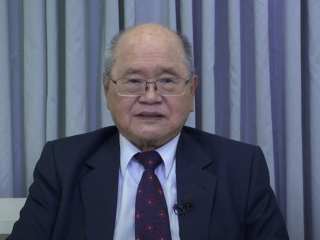The hymnal in the language of tomorrow – Rolando de Nassau
The hymnal in the language of tomorrow

Hymnary
In the Brazilian evangelical milieu the “New Testament in Today’s Language” aroused controversies by religious leaders.
Also aroused the interest of academic researchers Norman Geisler and Luiz Antônio Giraldi.
From the Middle Age, there is some concern in making the biblical text accessible.
However “today’s language” does not appeal to me see appropriate in the ecclesiastical cult.
An article in VEJA magazine (January, 26, 2022) deals with “neutral language”.
In his letter to the reader, the editor ended up writing (that downloaded from Machado de Assis (1839-1908) was not exotic in relation to England, of which Brazil was colony.
Posthumous “Memoirs of Brás Cubas” (1881) are sample of a language that in the 19th century reproduce the speech of the streets.
The language of the 21st century can signal a transformation of Brazilian society; it reflects the situation of a country and of a nation.
After 300 years of Portugal’s domination over its colony, from 1822 had Brazil independence.
These are the four signs of its social skeleton and its national identity.
It is possible that in the future it will imitate Chinese prosody.
According to reporters from VEJA, currently the “neutral language” has tolerance: imagine a person speaking Portuguese with his friend without using a pronoun, giving preference to the indefinite; he drops adjectives and verbal inflections.
The so-called “neutral language” erases gender differences.
The “language of tomorrow” can also undermine French culture.
In Japan, in a traditional inspection airline, ladies and gentlemen are called: “welcome, everyone”.
In 2021 the interest of Brazilians in “neutral language” grew 3.230%.
Informatics and Linguistics seek to interfere with biblical language; is no longer “the language of today”, but could be “the language of tomorrow”.
At the beginning of the book of Genesis we find Moses statement about the creation of man and of women.
Antônio José dos Santos Neves (1827-1874), Luiz Vieira Ferreira (1835-1908), Manoel Antônio de Menezes (1848-1941) e Leônidas Philadelpho Gomes da Silva (1854-1919) were good poets and hymnographers, inspired by the literary style of Machado de Assis in his tongue.
Brasília, DF, June, 15, 2022.
© 2022 de Rolando de Nassau – Usado com permissão
(Doc.HC-129)






